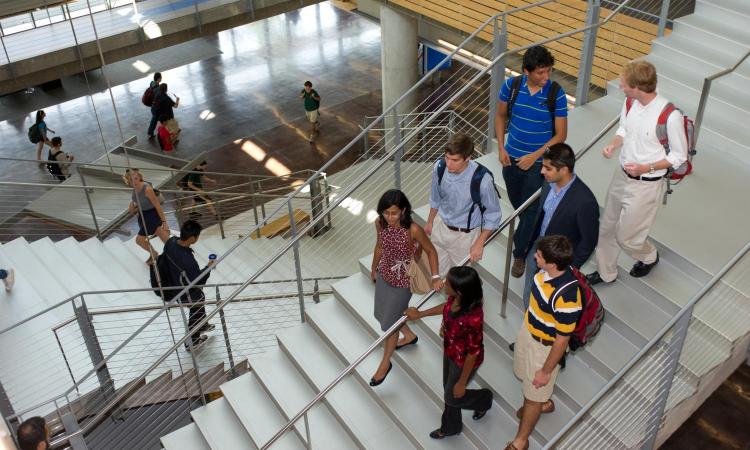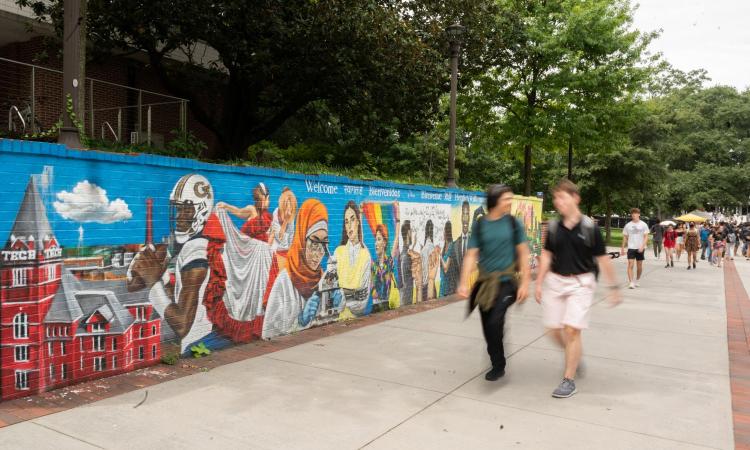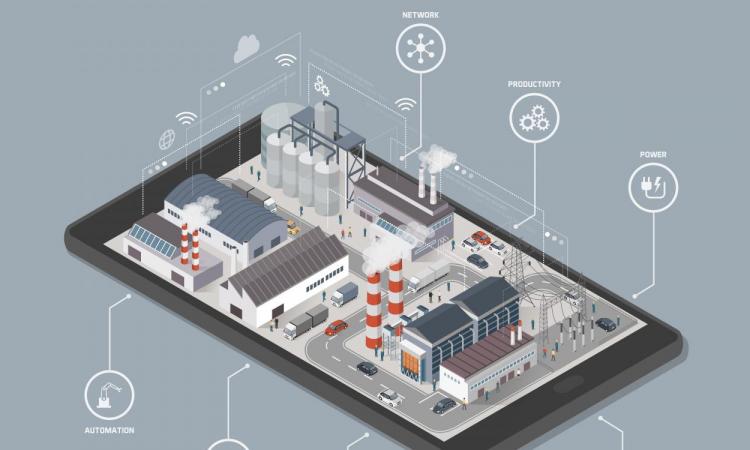Predictive Analytics and Intelligent Systems (PAIS)
Research at PAIS focuses on developing methodologies and algorithms aimed at advancing predictive analytics and decision-making under uncertainty in applications spanning traditional manufacturing, service, and energy sectors to unique and unconventional application domains, such as space services and deep space exploration.
Center for Statistical Science
The Stewart School of Industrial & Systems Engineering and the School of Mathematics have joined forces to form the Center for Statistical Science at Georgia Tech. The focus of this interdisciplinary center is to leverage knowledge and resources to extend Georgia Tech’s reach in research and teaching. The Center was established to be the home of statistical work at Georgia Tech.
Physical Internet Center
The Physical Internet Initiative aims at transforming the way physical objects are moved, stored, realized, supplied, and used, pursuing global logistics efficiency and sustainability. Originating from Professor Benoit Montreuil in 2006, this ground-breaking vision, revolutionizing current paradigms, has stirred great interest from scientific, industrial as well as governmental communities.
Health Analytics
The Health Analytics group at Georgia Tech conducts research and mentors students in data science methodologies to improve decision-making in health care delivery and public health. Approaches are based on rigorous modeling, mathematical standards, and advanced computing techniques and are anchored in real problems and questions in the health domain. The team collaborates with scientists and decision-makers from many types of organizations including clinicians, large providers, public health entities, and private companies.
Socially Aware Mobility
The Socially Aware Mobility project is poised to have a tremendous impact on the metro Atlanta area, revolutionizing and modernizing the transit system for the 21st century. Funded in part by a grant from the National Science Foundation, the project aims to bring equitable accessibility, decrease congestion, and increase mobility to all users of the transportation system.
William M. Keck Virtual Factory Lab
The founding goal of the Virtual Factory Lab (VFL) was to create "virtual factories" in software on which we could experiment to draw conclusions about how "real factories" could be designed, managed, and controlled. Over the past twenty years, the scope of the VFL has broadened to "discrete event logistics systems" (DELS), which are systems consisting of networks of resources through which items flow and are transformed to a higher value.






